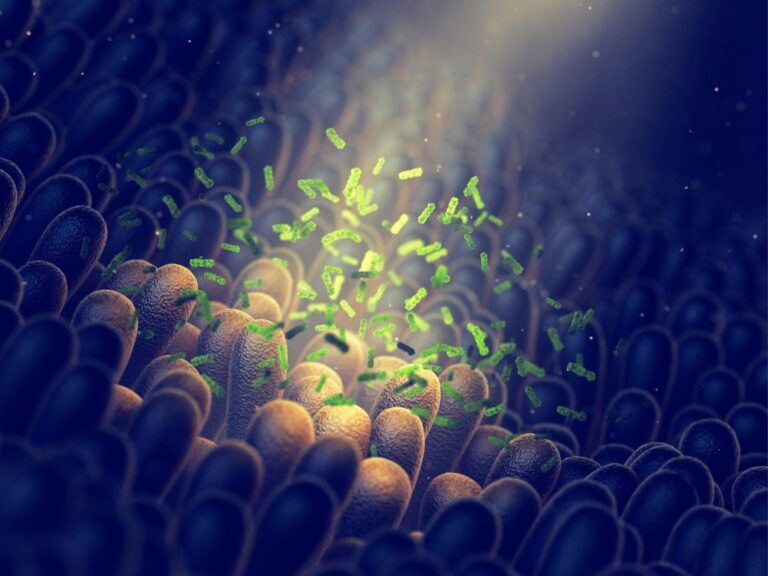In a historic medical breakthrough, scientists have successfully reversed heart failure in patients using gene therapy — marking the first time a targeted genetic approach has led to full cardiac recovery in advanced-stage cases. This could redefine how we treat one of the world’s leading causes of death.
The Global Burden of Heart Failure
Heart failure affects over 64 million people globally, with millions more undiagnosed or at risk. It occurs when the heart is no longer able to pump blood efficiently, often due to underlying conditions such as coronary artery disease, hypertension, or genetic disorders. Traditional treatments — including medications, lifestyle changes, devices like pacemakers, or even heart transplants — focus on managing symptoms, not reversing the condition.
Until now.
A Revolutionary Approach: Gene Therapy for the Heart
In a landmark clinical trial led by researchers at the University of Cambridge and partnered with biotech firms across Europe and the U.S., scientists administered a targeted gene therapy directly into the heart muscle of patients diagnosed with late-stage heart failure. The therapy used a harmless virus to deliver a corrected version of a faulty gene responsible for weakened heart muscle contractions.
The therapy was tailored to restore the function of SERCA2a, a critical protein that regulates calcium cycling in heart muscle cells. Disruptions in this gene’s expression are closely linked to progressive heart failure.
Stunning Results: Reversing the Clock on Heart Disease
Participants showed dramatic improvement within weeks:
Ejection fraction (a key measure of heart pumping ability) improved from below 30% to over 50%.
Patients previously dependent on oxygen or unable to walk unaided reported a full return to daily activities.
No serious adverse reactions were recorded during the study period, and patients maintained improvements over 12 months of follow-up.
Dr. Elena Martinez, lead cardiogeneticist on the project, called it “the most profound recovery ever observed in advanced-stage heart failure patients.”
A Hope for Millions
This is not just another treatment — this is potentially a cure.
By targeting the root genetic cause of heart failure, this therapy addresses the disease at a molecular level. It’s a massive shift from treating symptoms to reprogramming heart cells to function normally again.
And the implications are massive:
Prevention of heart transplants: Patients who were once on transplant waitlists may no longer need them.
Reduced hospitalizations: Chronic readmissions due to heart failure could drop significantly.
Cost savings: Long-term management of heart failure drains billions from healthcare systems globally. A one-time gene therapy could change that.
Challenges and the Road Ahead
Despite the success, experts urge caution:
Scalability: Can this therapy be mass-produced affordably and safely for widespread use?
Precision targeting: Each patient’s genetic profile may vary. Personalized delivery will be key.
Long-term monitoring: We still need data on how these therapies perform 5–10 years down the line.
The FDA and EMA are fast-tracking further trials, and larger Phase III studies are set to begin across multiple countries in 2026.
The Era of Cardiogenomics
This breakthrough is part of a growing field called cardiogenomics, where heart diseases are tackled using genetic insight. From CRISPR to RNA therapies, the heart — once thought untouchable by gene science — is now at the forefront of innovation.
Dr. Benjamin Cho, a genetic cardiologist at Stanford, notes: “We are entering a future where your DNA could be your medicine. Heart failure may no longer be a life sentence.”
Patient Stories: Real Lives, Real Change
Maria Delgado, 52, from Brazil, was part of the first trial group. Once confined to a wheelchair, she now runs with her grandchildren.
“I didn’t think I’d live to see another year,” she said. “Now, I’m planning my 25th wedding anniversary. This gene therapy didn’t just fix my heart — it gave me my life back.”
Conclusion: A Heartbeat of Hope
The phrase “unprecedented recovery” is often used lightly. But in the case of this gene therapy breakthrough, it’s entirely deserved. This isn’t just science — it’s a second chance for millions.
As we watch medicine evolve at lightning speed, this historic study reminds us: the future isn’t coming — it’s already here, beating stronger than ever.

















+ There are no comments
Add yours